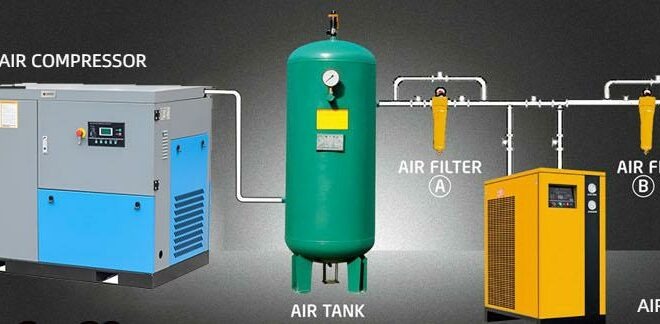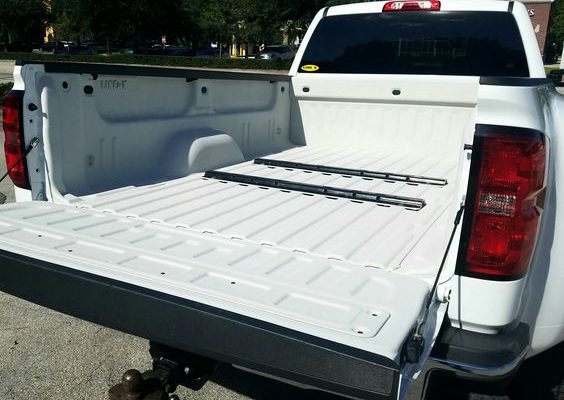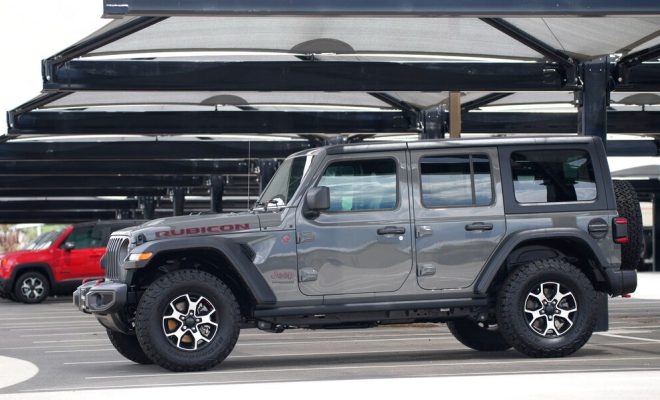Selecting the Best Industrial Air Compressor for Your Automotive Workshop:A Detailed Insight

When managing an automotive workshop, the tools you choose can significantly impact your business’s efficiency and functionality. Among these tools, an industrial air compressor is a central piece of equipment that powers various pneumatic tools and machinery. With the multitude of options available on the market, it can be challenging to select the right one that will meet your workshop’s demands. To assist with this important decision, here’s a detailed insight into choosing the best industrial air compressor for your automotive workshop.
Firstly, it’s essential to understand the types of air compressors available. The most common are piston (reciprocating) compressors and rotary screw compressors. Piston compressors are quite popular due to their longevity and lower initial investment, but they require more maintenance than rotary screw compressors, which are pricier but provide a consistent supply of compressed air and are generally more durable.
The size of the compressor should match your workshop’s air requirements. Determine the cubic feet per minute (CFM) needed by totalling the CFM requirement for all pneumatic tools that might be used simultaneously. Remember to include a buffer of additional CFM to prevent straining the system. Furthermore, consider the size of your workshop when deciding on tank size; larger tanks provide a larger reserve of compressed air but take up more space.
Another critical aspect is power supply availability in your workshop. Most industrial air compressors run on electricity, so make sure you have the correct voltage, phase, and amperage capacity. For remote locations without access to electrical power, gas or diesel-powered compressors might be necessary.
Maintenance needs should also factor into your decision-making process since improper maintenance can lead to downtime and increased operating costs. Some air compressors require more frequent maintenance than others—keep this in mind when comparing options.
You’ll also want to think about noise levels, especially if your workshop is close to office spaces or in a noise-sensitive area. Many modern compressors are designed to operate quietly without compromising performance.
Finally, consider purchasing from reputable manufacturers who offer strong warranties and good customer service. It could make a significant difference in ensuring that your operations run smoothly and any issues are resolved swiftly.
By carefully evaluating these key points—type, size, power requirements, maintenance needs, noise level, and supplier reputation—you will be better equipped to select an industrial air compressor that aligns with the specific needs of your automotive workshop and serves as a robust pillar in your business operations.






